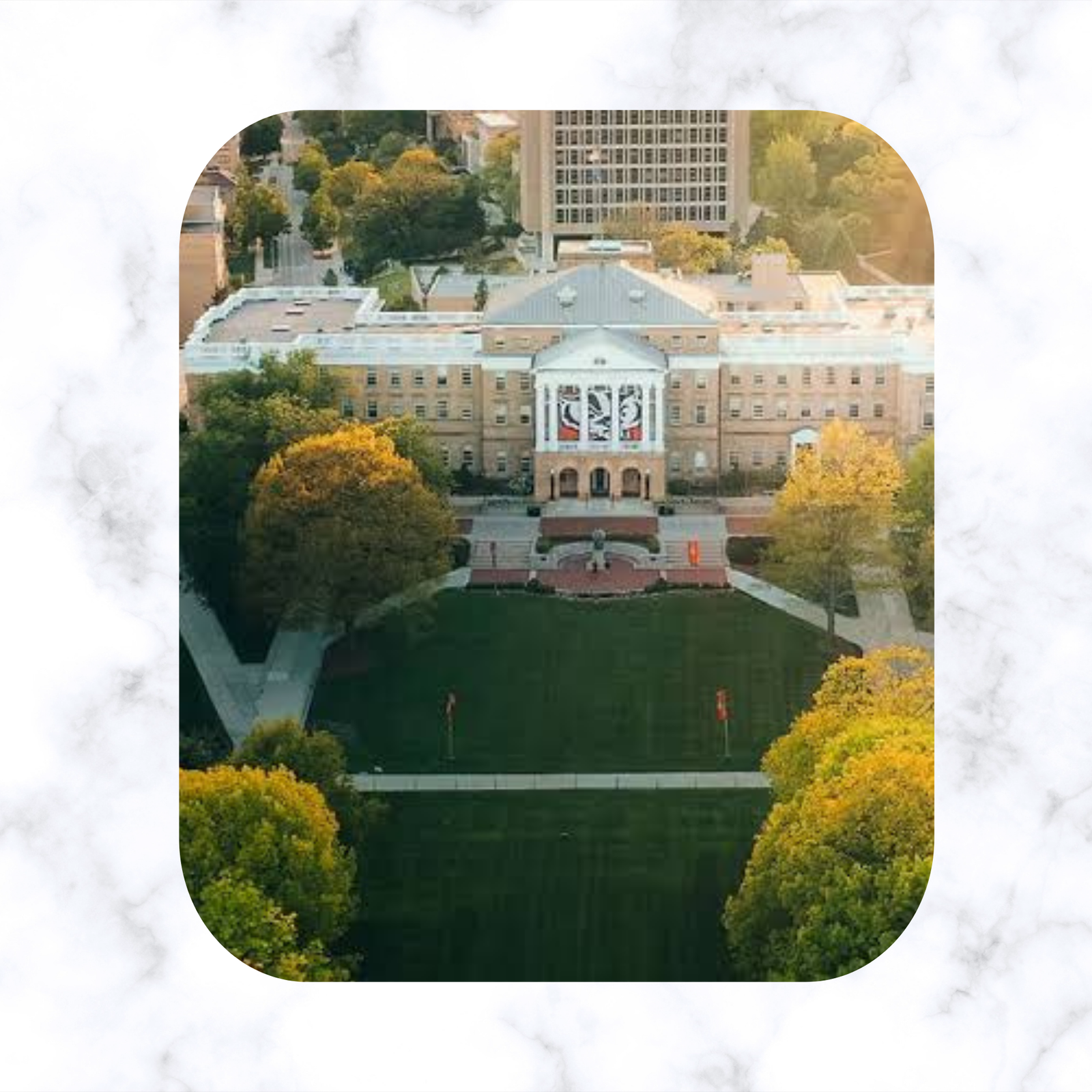Firstly, Scholarships for international creative writing are available from a number of American institutions and organisations. Secondly, the Rotary Peace Fellowship, the Hubert H. Humphrey Fellowship Programme, and the Fulbright Foreign Student Programme are a few noteworthy choices. Furthermore, a large number of colleges, including the University of Iowa, University of Wisconsin, Ohio University, etc. offer dedicated scholarships to international students seeking degrees in creative writing. For the most recent details on available possibilities, it is also advisable to verify with specific universities and scholarship databases.

Eligibility
International creative writing scholarships have different requirements based on the programme or scholarship in question. Generally speaking, things like academic success, language ability (mostly in English), recommendation letters, and a solid portfolio of writing samples could be taken into account. For instance, Fulbright frequently requests a strong project idea, appropriate professional experience, and a bachelor’s degree or its equivalent.
For complete eligibility conditions and application procedures, it is advised to check the official websites of the scholarships.

Benefits
The advantages of receiving an international creative writing fellowship can include receiving money to help with living expenses, tuition, etc. More so, grantees frequently have access to beneficial mentorship programmes, networking opportunities, and writing community tools. Additionally, Scholarships can also help you get recognition and exposure which can provide the groundwork for a future in creative writing. Examining the particulars of each scholarship is essential to grasp the full scope of advantages that each one provides.

Application
The general procedures to apply for US-based international creative writing scholarships are as follows:
- Applications for Research: Find scholarships that fit your qualifications and aspirations. Examine scholarship databases, university websites, and pertinent organisations.
- Review Requirements: Carefully read and comprehend the requirements, including the eligibility requirements, application dates, necessary paperwork, and any particular guidelines.
- Get the paperwork ready:
Transcripts of academic work
– Reference letters
– An aim statement or project proposal
– Curriculum vitae or resume
– Composing a portfolio or samples
- Competency in English: Make sure you fulfil any English language competency criteria, such as TOEFL or IELTS scores, if you’re not a natural English speaker.
- Send in your application: Fill out the application completely, and send in all necessary paperwork before the deadline.

